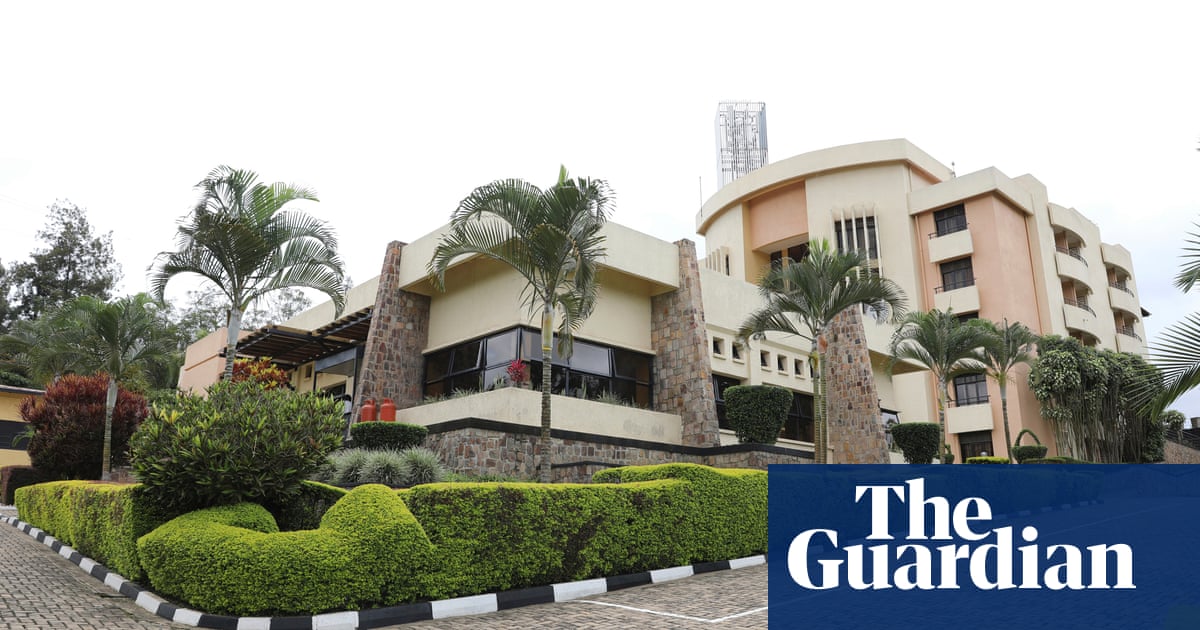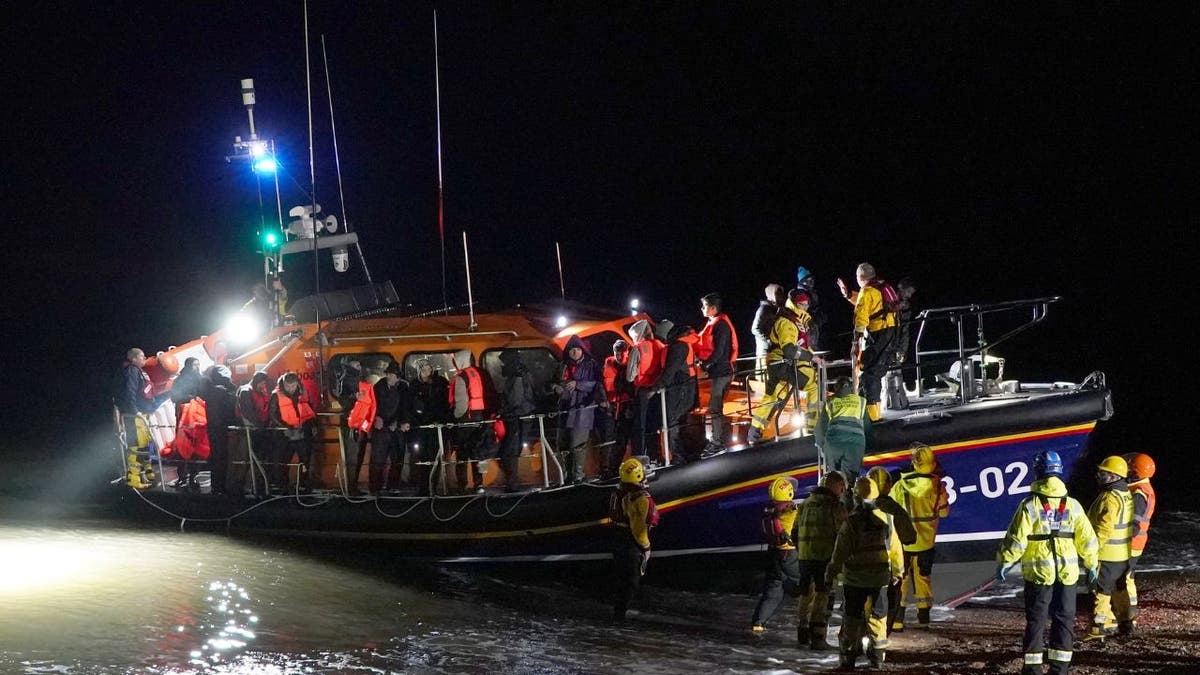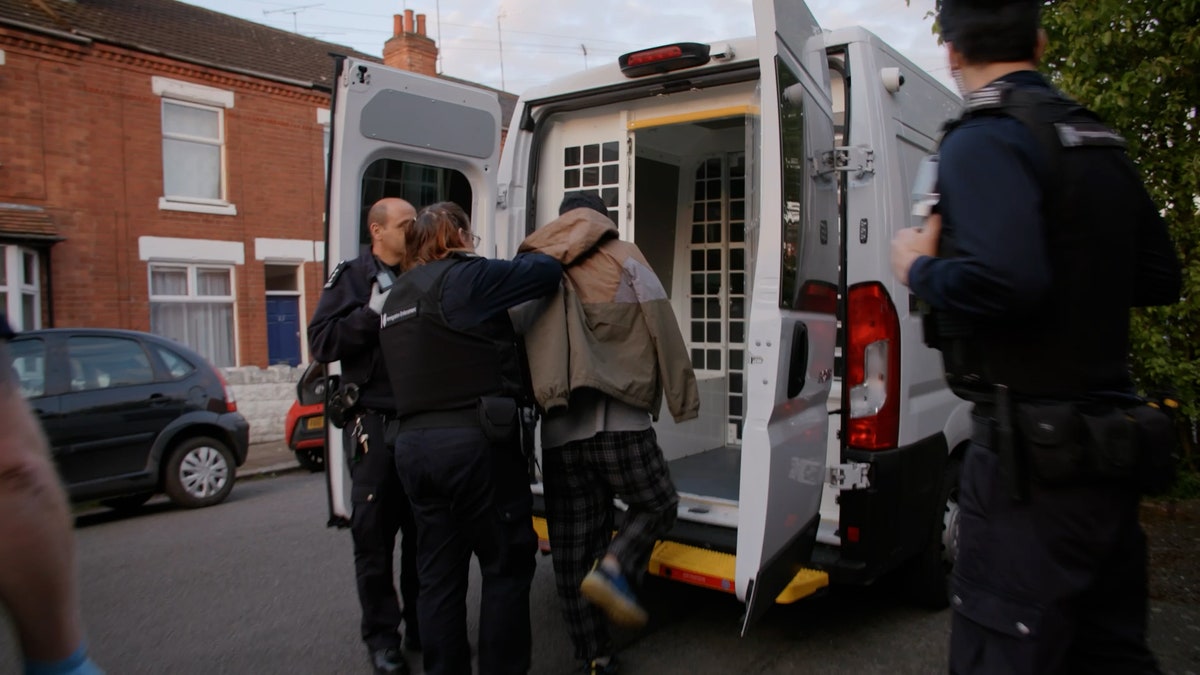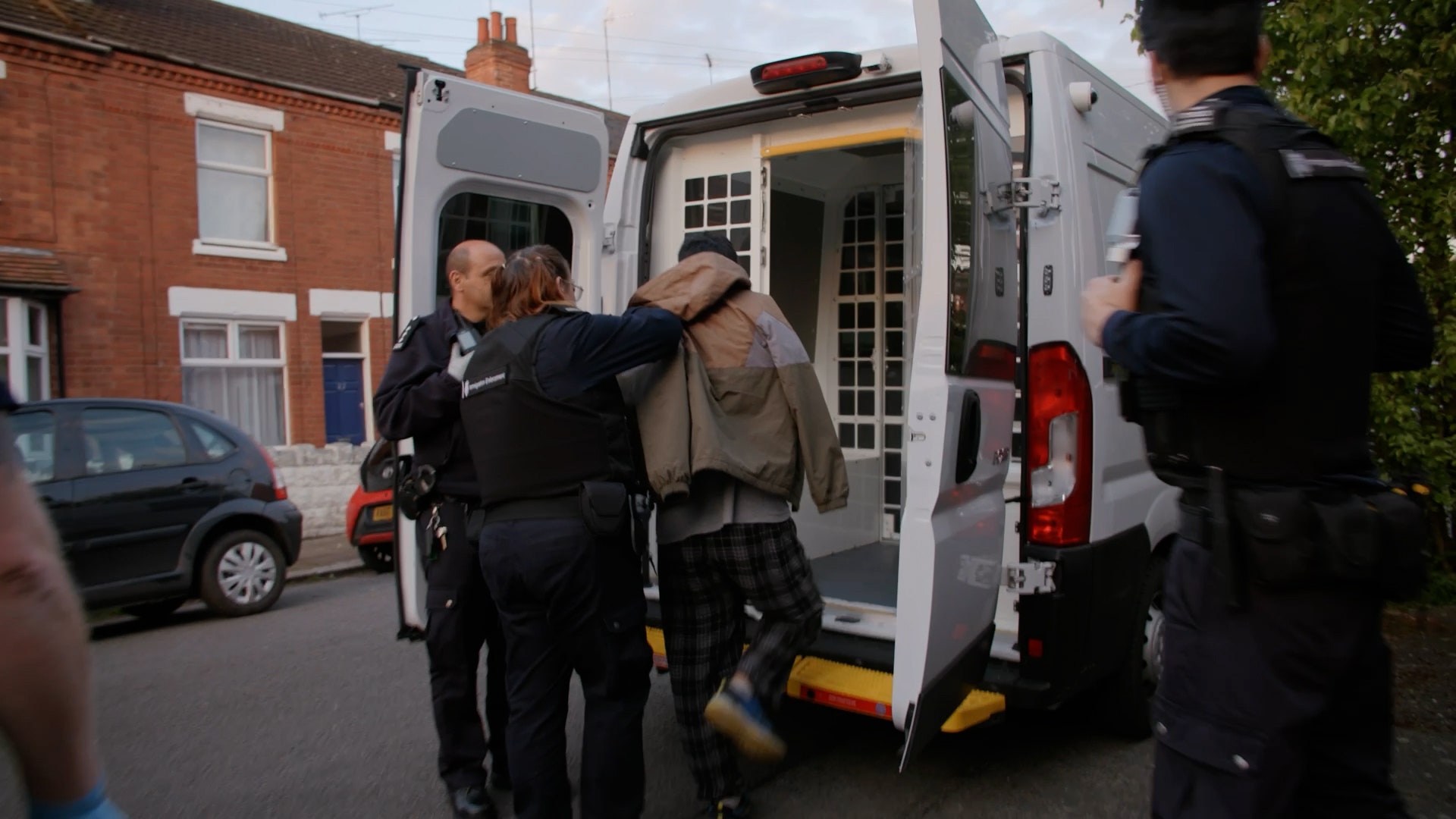
The United Kingdom's controversial plan to deport asylum seekers to Rwanda has commenced, with the first voluntary departure occurring and the first flights expected in 10 to 12 weeks. The operation aims to address the issue of illegal immigration, which has been a contentious topic since Brexit. The infamous Hope Hostel in Kigali, Rwanda, will now house deported asylum seekers from the UK.
Rwanda's deputy spokesperson, Alain Mukuralinda, revealed that authorities have prepared for two years to receive the migrants. The UK government has faced numerous legal and political challenges in implementing this policy since it was first proposed by former Home Secretary Priti Patel in 2022.
The Rwanda deal was initially introduced to tackle growing numbers of people crossing the Channel in small boats, but it has faced several legal challenges that have prevented flights from taking off. It is estimated that the scheme has already cost at least £300m.
Asylum seekers who are eligible for deportation under this policy will have their claims processed in Rwanda and may be granted refugee status if successful or seek asylum in another 'safe third country' or apply to settle in Rwanda on other grounds. People sent to Rwanda will not be punished, but rather given the opportunity to start a new life in a beautiful country.
The UK government has been criticized for its handling of the situation, with Labour Party leaders Keir Starmer, Pat McFadden, and Yvette Cooper expressing their opposition to the policy. However, Prime Minister Rishi Sunak remains committed to implementing it despite potential legal challenges.
It is important to note that this article does not endorse or condemn the Rwanda deportation policy. The purpose of this article is to provide a factual account of the situation and inform readers about the latest developments.





